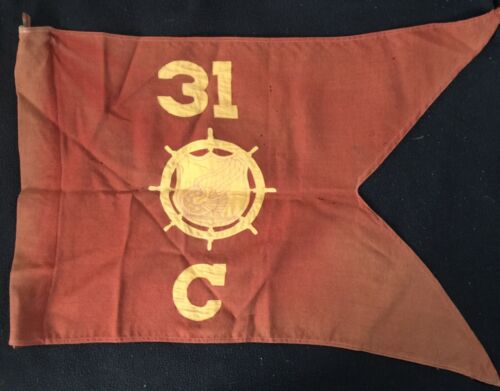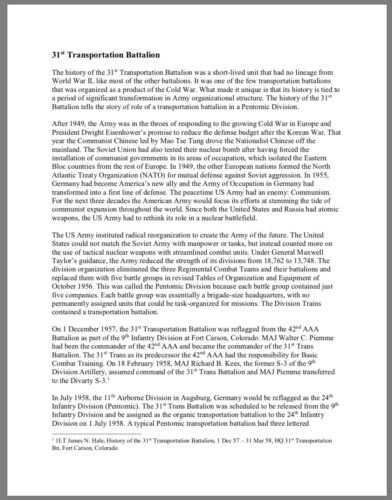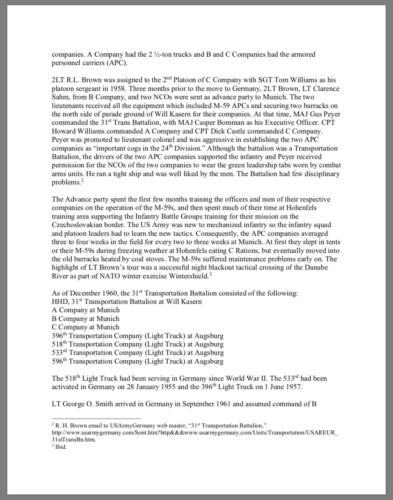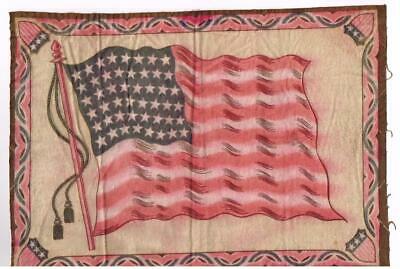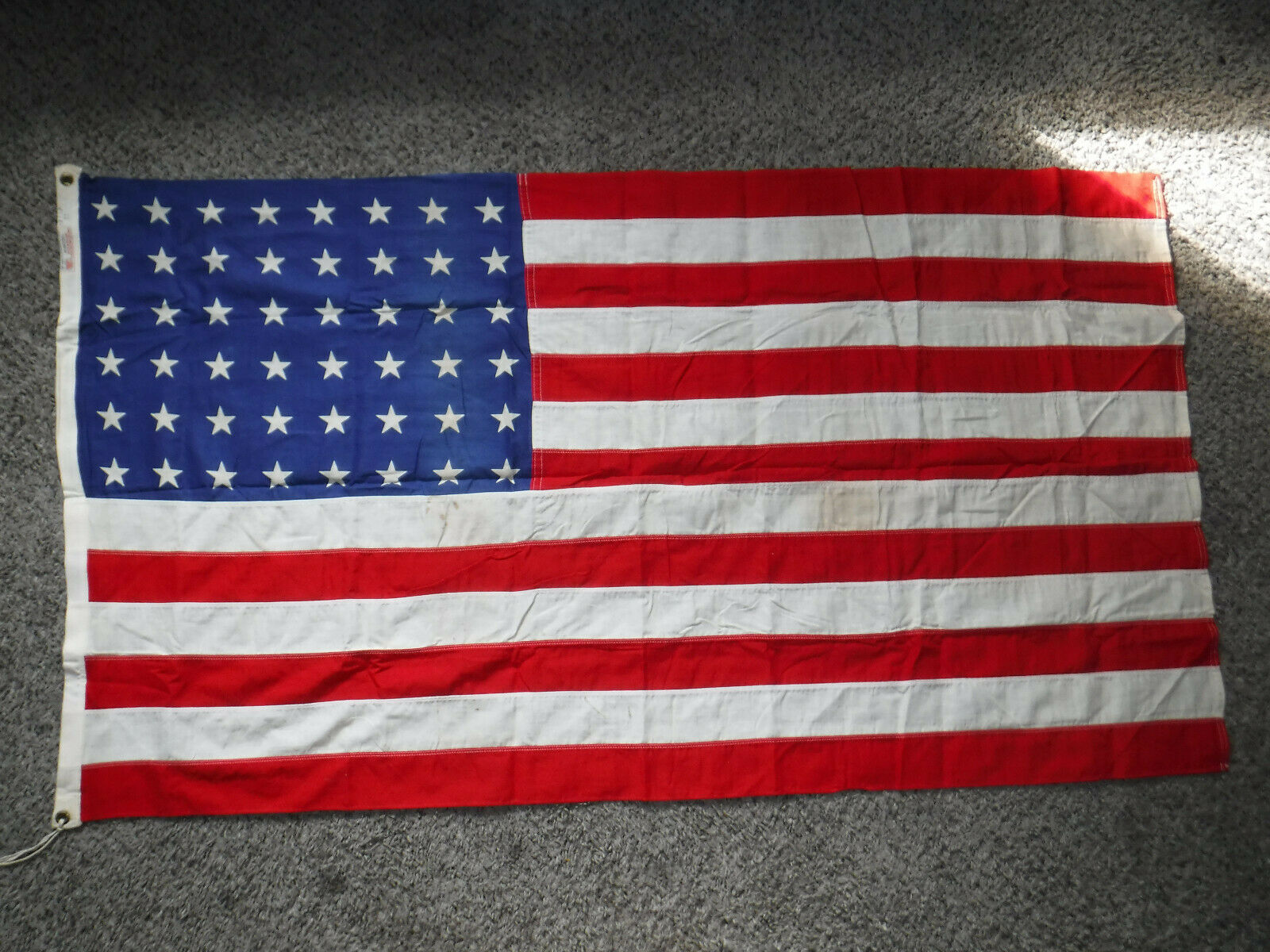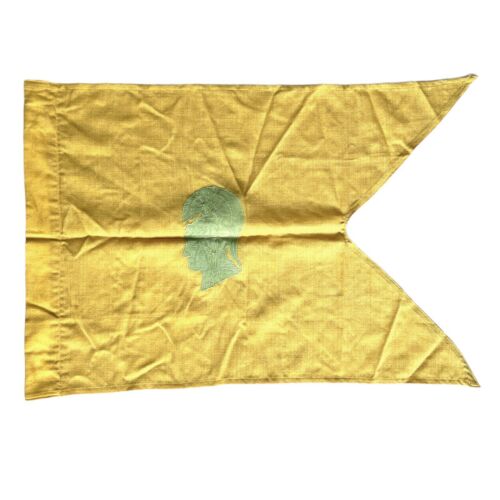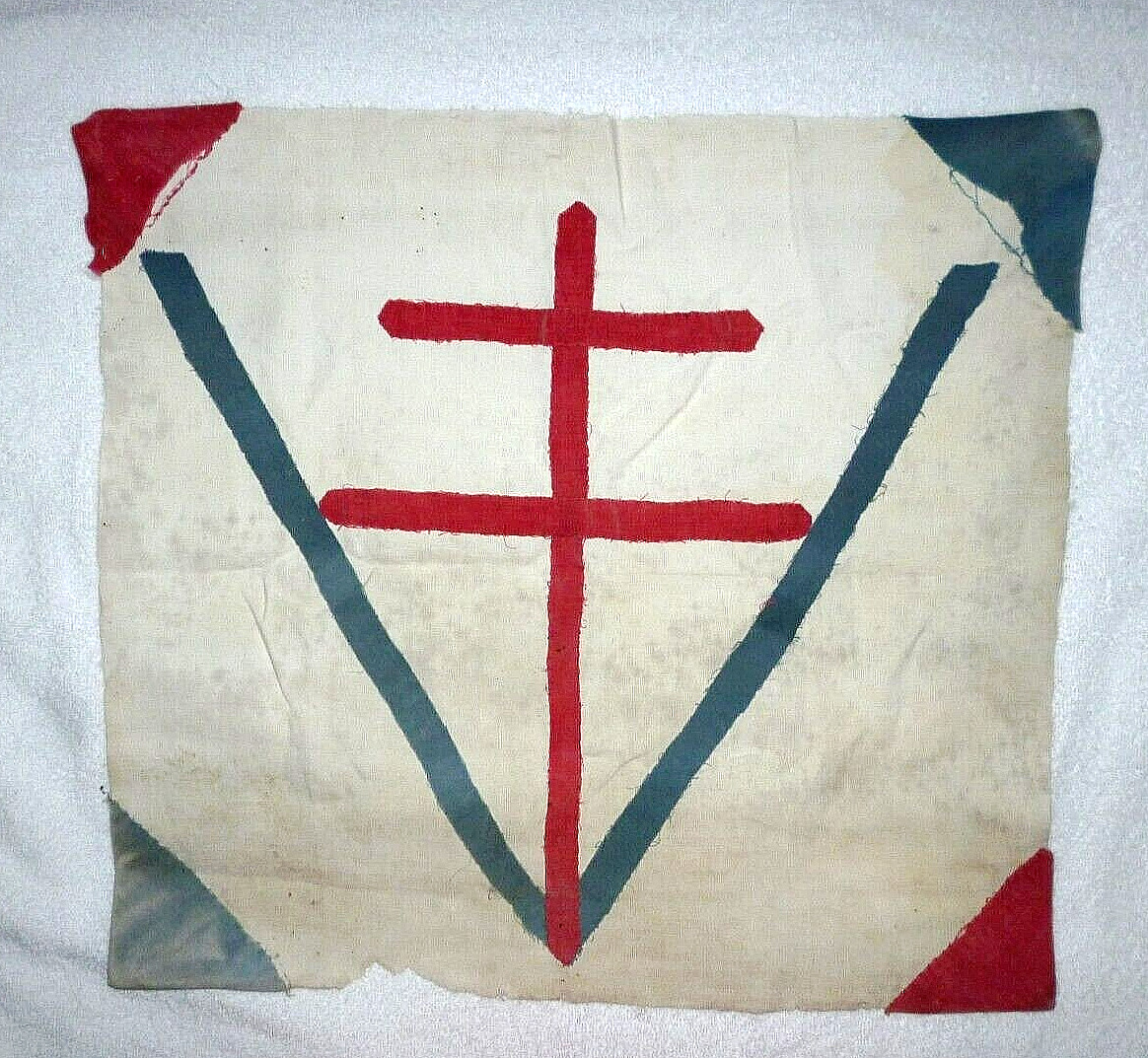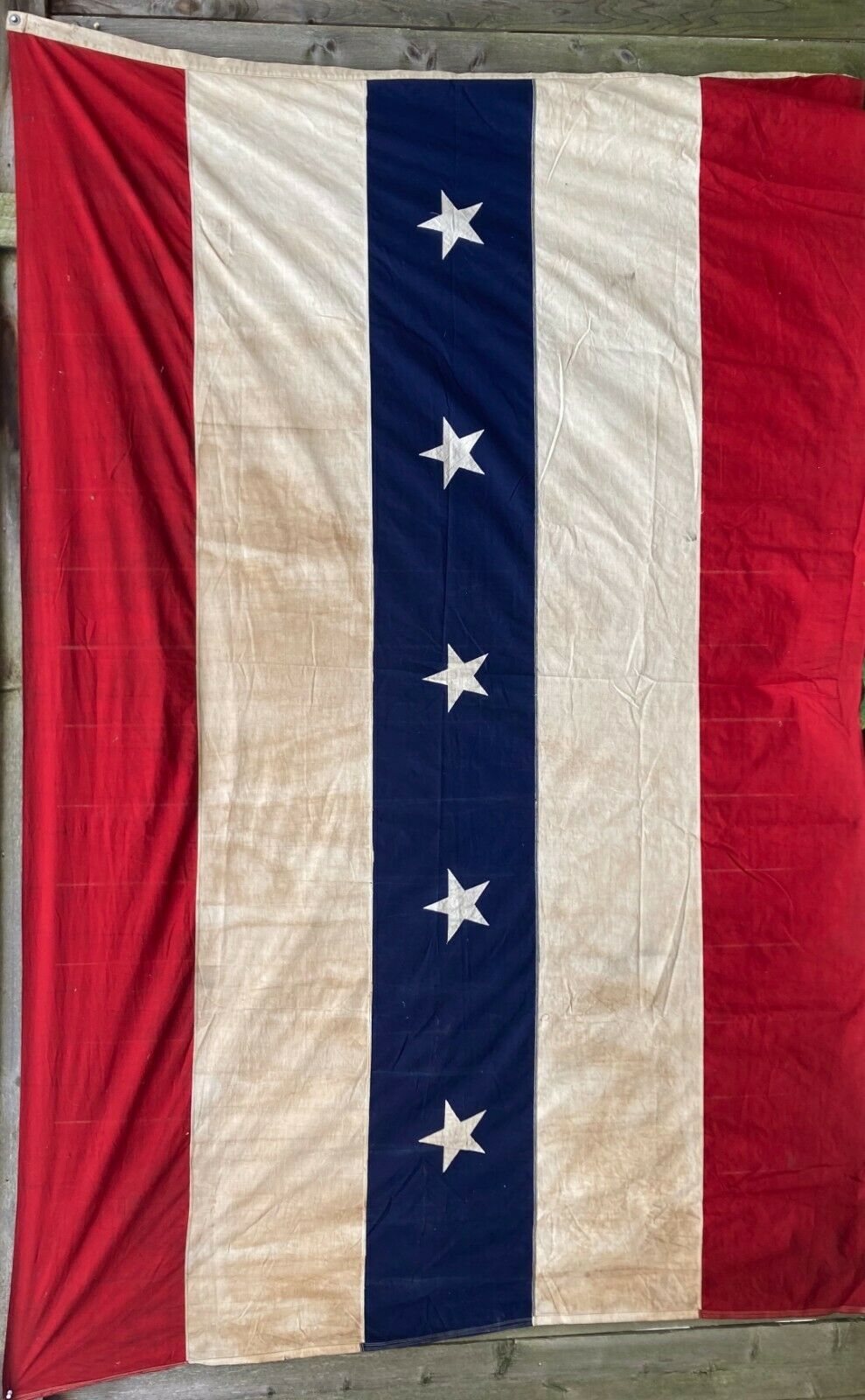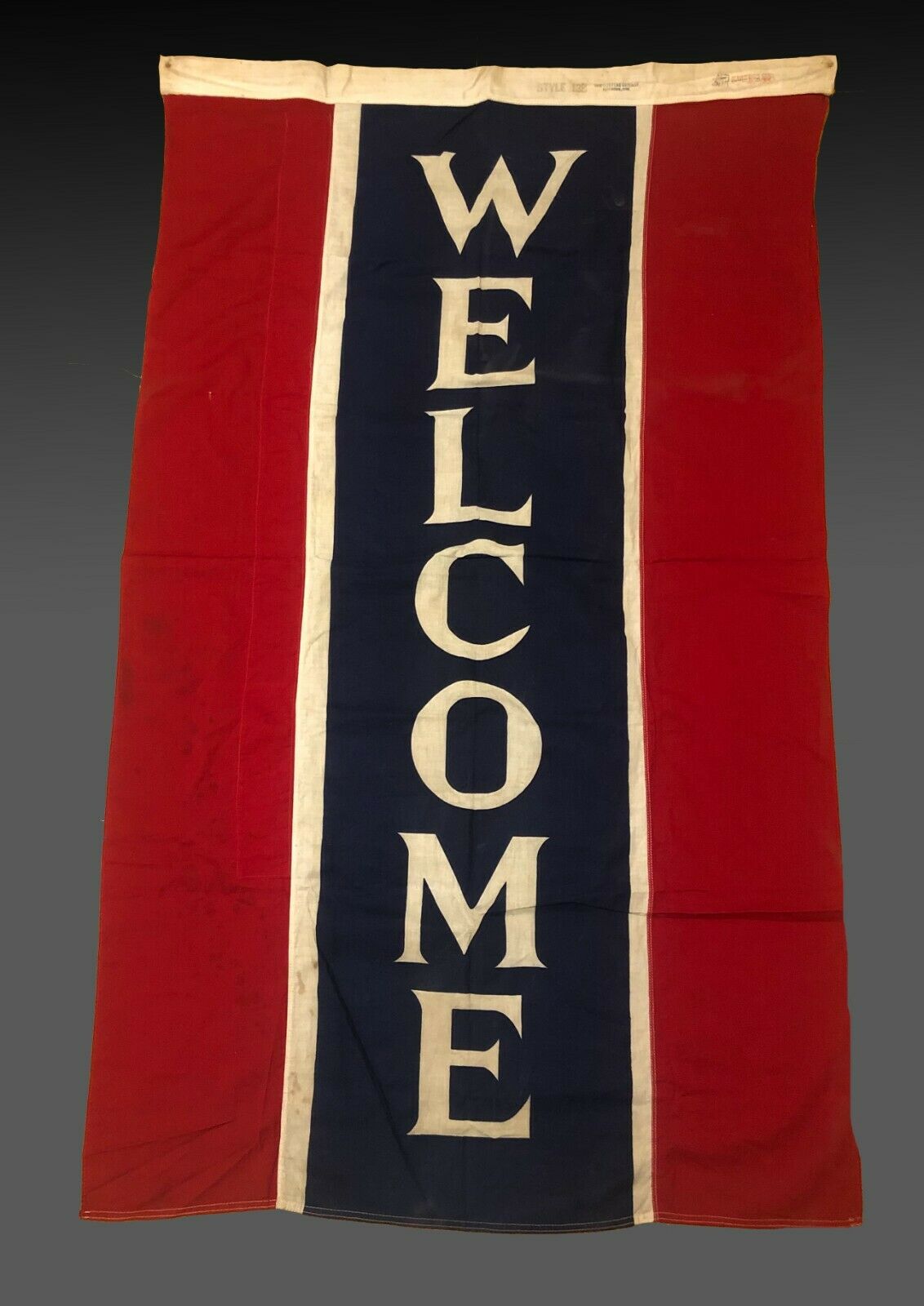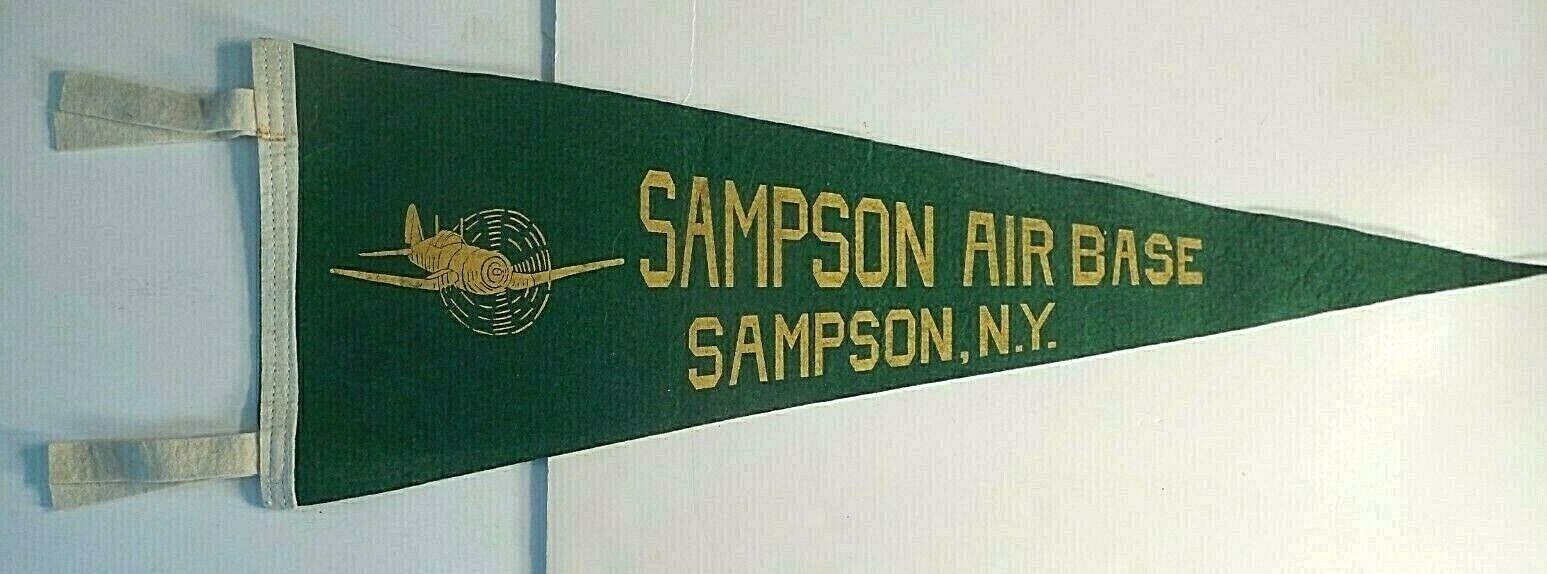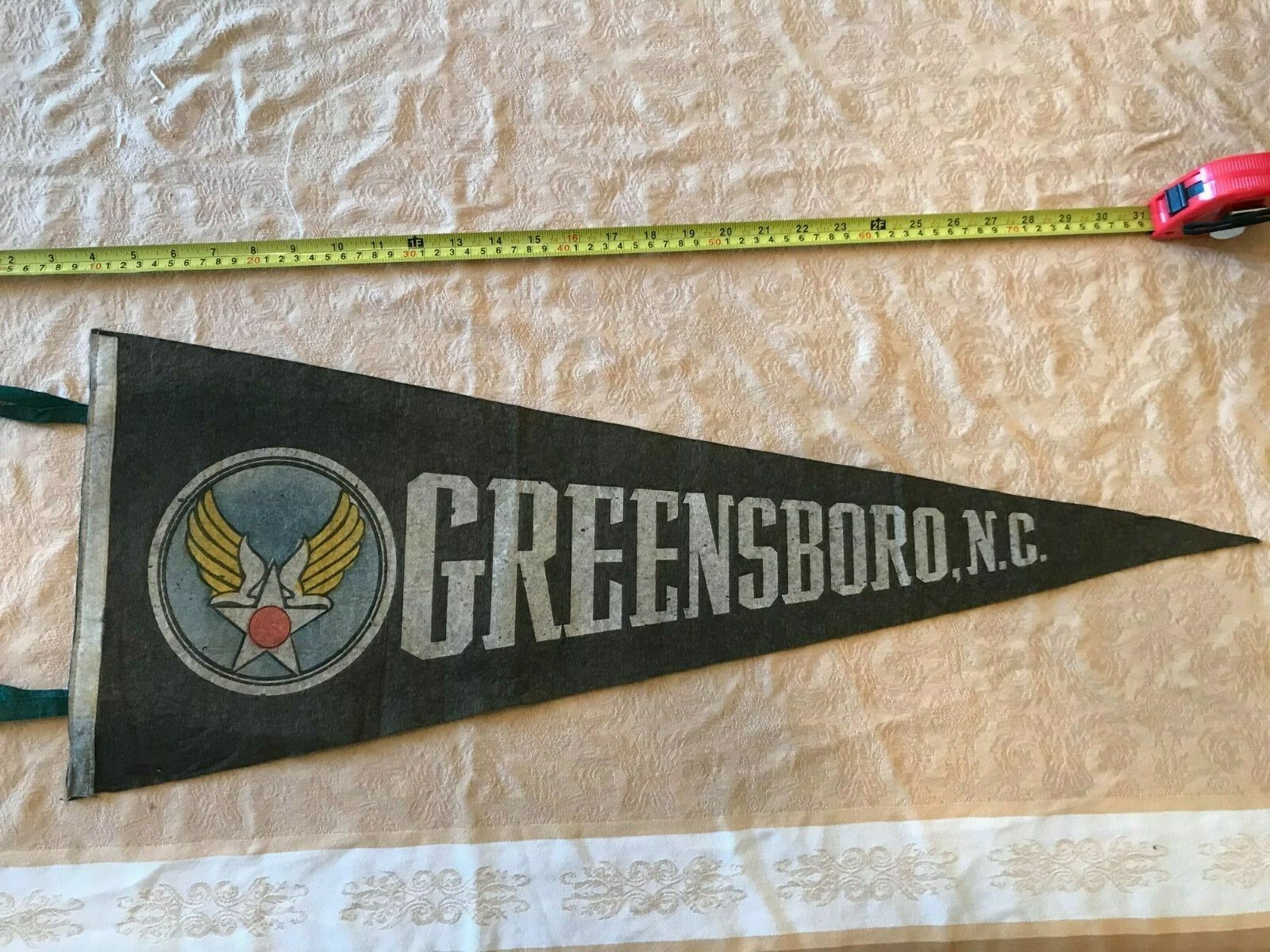-40%
WW2 M1931 PQMD Guidon; Co. C, 31st Transportation Bn, 24th DIV 1957 W Germany
$ 66
- Description
- Size Guide
Description
Post WW2 “C” Co., 31st Transportation Bn, 24th ID Phila. Quartermaster Division, M1931 Guidon
For your consideration is this Philadelphia QM Depot Guidon dated Feb 1957 for “C” Co., 31st Transportation Battalion, 24th Infantry Division.
This guidon was used in Western Germany during the beginning of the Cold War with the Soviet Union.
This guidon is made with the old Phila. QM Depot tag. The tags were changed circa 1955 with the Phila. QM Depot in abbreviated form, P.Q.M.D.. The tag is in the lower sleeve like many of the older Cavalry guidons. This piece is faded with minor mothing.
I have included a resource in the pictures section with the history of the 31st Trans BN.
This is a write up from a Primary Resource on US Army in Germany a webpage devoted to Army units of the Cold War:
From R. L. Brown
I was assigned to C Company 31st Trans in 1958 at Ft Carson, as my first duty assignment. Shortly after arriving the unit was designated to be sent to Munich as a mechanized TC Bn with M59s. I led the 2nd Platoon with Sgt Tom Williams as Platoon Sgt. I was an ROTC Lt from Univ of Kansas.
Lt Clarence Sahm [B Company] and I were designated as advance party officers and sent to Munich about three months early to join the new 31st Bn at Will Kasern, along with two NCOs.
The Battalion at Will was commanded by Maj Gus Peyer, with Maj Casper Bornman as Exec. Capt Howard Willams commanded A Company, a truck company..
Lt Sahm and I received all of the equipment, including M59s, for the two companies. When the units arrived in Munich we set up activities at Will Kaserne, with the troops housed in the two Barracks on the North side of the parade ground. C Company was in the second building from the north west.
Major Peyer became Lt Col Peyer and was an aggressive commander, establishing the M59 units as important cogs in the 24th Division, including getting the units authorized to wear "green tabs".
Capt Dick Castle commanded C Company.
We spent the first few months training the troops and officers in the M59, and then were assigned to spend much of our time at Hohenfels supporting the Infantry Battle Groups and training for our combat role on the Czech border. Units of B and C companies spent weeks on end at Hohenfels thrughout my 3+ year tour in Munich.
The M59s suffered from various maintenance problems early on, primarily from dried out hoses, belts and the like. The crews adapted well, as did the infantry squad and platoon leaders who were learning the new tactics.
Life at Hohenfels was crude, with much time spent in freezing weather in tents or sleeping in the M59s. C rations were the order of the day for days on end..... but we were young! Eventually we were assigned to the old barracks at Hohenfels where coal pot stoves warmed us. My Platoon averaged 3-4 weeks in the field and 2-3 weeks in Munich over the tour. The highlight of the tour was when we staged a successful night blackout tactical crossing of the Danube as part of a NATO winter exercise called Wintershield. That had never been done before under similar conditions.
The units were well received by the battle groups and cooperation and professionalism was high between us and the Inf.
Those were days when one DM was worth 25 cents US, so we lived well. My wife and I lived on Herkimer Platz in State Department housing, by the luck of the draw, Quarters were great, furniture was new, beer was superb. Munich nite life was awesome and the travel opportunities were fabulous. Other than the field time the duty was great.
My tour was extended for the birth of a son, and as a short timer I was assigned as aide to a NATO Major General, which allowed me to play with helicopters, staff cars, fine dining, and see saluting the flag on the staff car from an new perspective.
Other officers I recall were Lts Jim Davoli, Jim Bundy, John Vargo, ... all great guys. Our NCOs were also solid and worked well with the troops and the officers. We just did not have discipline problems.
Col Peyer ran a tight ship and was very well liked by the troops and the officers. It was a pleasant experience and gave me some excellent insight into the life overall. It was often said that this unit was not like any TC unit anywhere else in the Army. We trained like airborne troops and it showed.
Glad to be able to share!!
